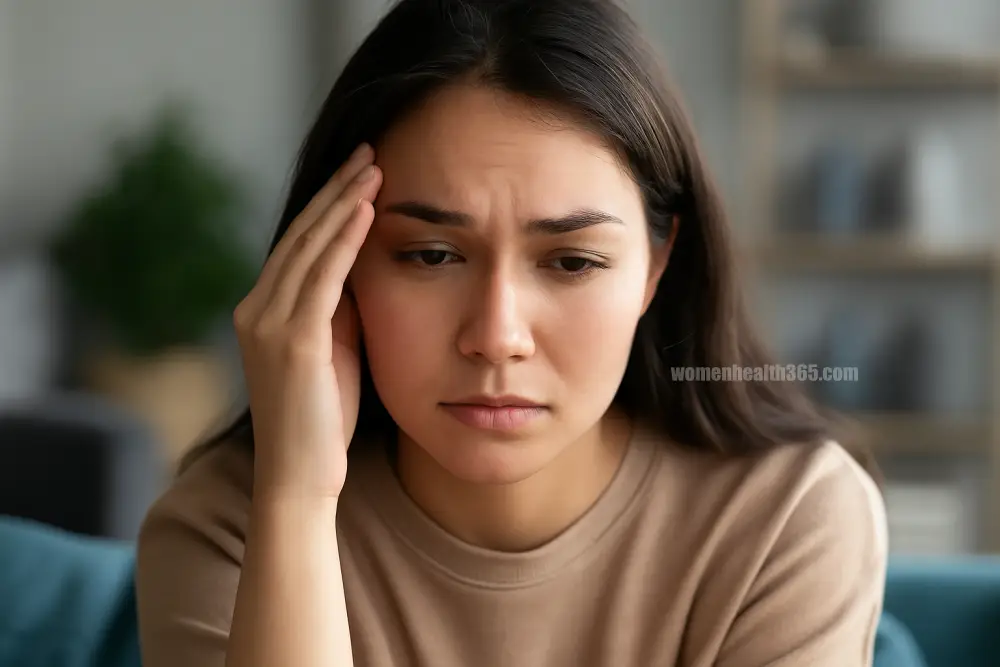Depression: Symptoms, Treatments, and Why Seeking Help Matters
Depression: Symptoms can vary widely, but it is a serious mental health condition that affects millions of people worldwide. According to the Centers for Disease Control and Prevention (CDC), about 9 percent of adults in the U.S. live with some form of depression, and 3 percent suffer from major depression, a long-lasting and more severe type of the disorder.
The Widespread Impact of Depression
Major depression does not affect only adults; it is also the leading cause of disability claims among individuals aged 15 to 44. This makes depression one of the most widespread and disabling mental health issues today.
What is Depression?
Depression goes far beyond occasional sadness. It can interfere with daily activities, relationships, and work. According to the CDC, common depression symptoms include:
- Loss of interest in once enjoyable activities
- Noticeable weight gain or weight loss
- Fatigue and persistent lack of energy
- Difficulty focusing or concentrating
- Thoughts of suicide or self-harm
For a diagnosis, these depression symptoms must last for weeks or months. A temporary bad day does not indicate clinical depression.
Depression in the U.S.: Key Statistics
The use of antidepressants has increased by 400% in the last two decades, making them the most common prescription for people aged 18 to 44. Unfortunately, rising suicide rates have also been observed, increasing by 28.4% between 1999 and 2010 among individuals aged 35 to 64.
Effective Treatments for Depression
Untreated depression can lead to job loss, disability, and even suicide. Fortunately, there are proven treatments available:
- Medication: Antidepressants help regulate brain chemicals that control mood. While not a cure, they can significantly reduce depression symptoms.
- Psychotherapy: Therapy offers tools to manage depression. The most common approaches include:
- Cognitive Behavioral Therapy (CBT) – replaces negative thought patterns with healthier ones.
- Interpersonal Therapy (IPT) – focuses on relationship issues contributing to depression.
Often, the best results come from combining both medication and therapy.
The Importance of Seeking Help
If you recognize depression symptoms in yourself or someone you know, remember that help is available. With online therapy and virtual support groups, it’s now easier than ever to access care. While genetics, trauma, and social isolation can all play a role in triggering depression, professional support can make a major difference in recovery.
Conclusion: Overcoming Depression with Support and Treatment
Depression is treatable. Recognizing depression symptoms early and seeking help through therapy, medication, or both can improve quality of life. As society becomes more open about mental health, the stigma surrounding depression is slowly fading. Don’t let shame or fear prevent you from getting the care you deserve. With the right support, recovery is possible.
Credit: https://www.mayoclinic.org/diseases-conditions/depression/symptoms-causes/syc-20356007

